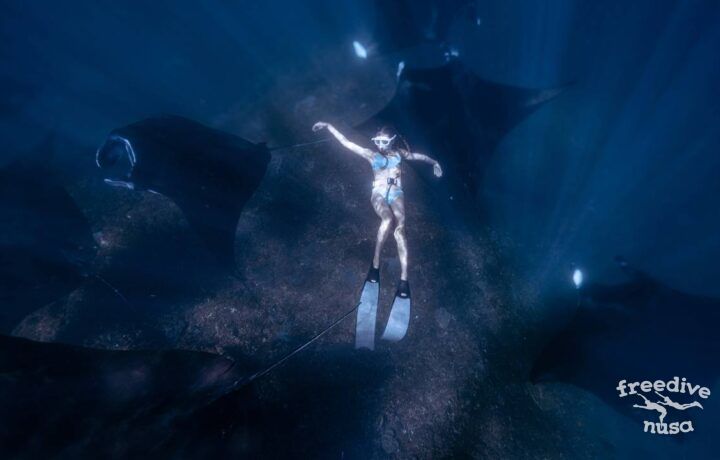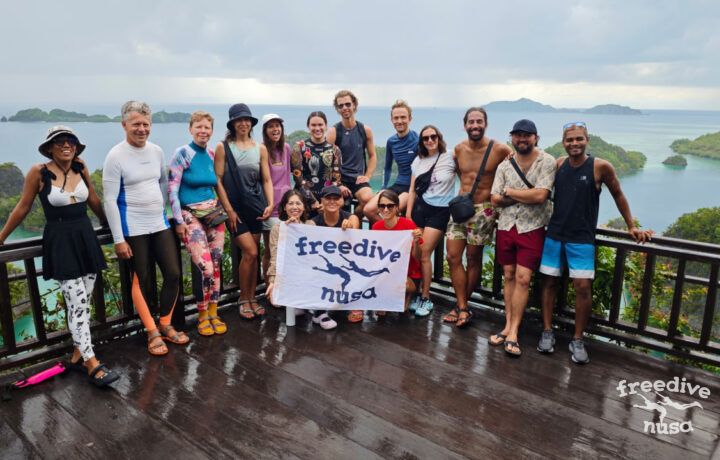Everyone on Bali must have noticed a lot of rubbish on the beach and in the ocean during the rainy season — from December to February. The most surprising thing is that many people don’t even ask where all this plastic comes from or how to keep the oceans clean. The truth is, all of us create garbage and contribute to pollution.
According to statistics, Indonesia is in the top five countries that pollute the world’s oceans with plastic. Earth can’t digest so much plastic: once created, it never disappears, but only decays into smaller particles. And it can’t survive at this level of plastic consumption.
In our opinion, here are the 3 main reasons why this is happening.
1) Lack of education
Our neighbor, an old lady of about 80, goes to the beach every evening and shakes out a bucket of garbage on the shore: banana peels, bits, plastic bags, and glasses. In an hour, the tide will come and it will all disappear. She has been doing this for her whole long life. It is difficult and probably hardly possible to explain to her exactly where it “disappears” and why it is not good for plants, animals, people, and the world as a whole. This is a global problem that needs to be addressed and regulated at the state level through education and laws. An old lady can’t be changed, but her grandchildren quite possibly can.
2) Lack of an infrastructure for waste disposal
This doesn’t apply to the whole Bali, but in some places, garbage collection as a service is simply unavailable. In Bali, there is one dump in the Serangan region where garbage is taken from all over the island. There it is manually sorted and what can be recycled is taken away for recycling to Java as there are no technologies for recycling on the island. There is a centralized garbage collection on Penida. We only pay a little more than a dollar a month, but for our neighbors, it’s easier to save money and throw rubbish to the beach.
3) Lots of plastic
Sellers in the market will try to wrap each purchase in a separate bag. In the store, each cookie is wrapped in a separate piece of plastic. Small water bottles and disposable cups are everywhere. According to observations, 95% of the plastic that floats in the water is just the packaging. Disposable glasses, disposable shampoos, instant noodles and chips packs, and so on.
We want to share with you some very simple tips. Following them isn’t difficult but helps to significantly reduce the amount of plastic waste thrown into the bin by each of us and is one of the ways to help the ocean we love.
1. Minimize the amount of plastic in your home
 It’s almost impossible to stop using plastic bags completely, but you can reduce their number without much effort. You can try to use reusable textile bags or plastic bags you already have. It’s simple! You just need to remember to take them with you, going to the market or to the store. Discard packages at the store whenever possible!
It’s almost impossible to stop using plastic bags completely, but you can reduce their number without much effort. You can try to use reusable textile bags or plastic bags you already have. It’s simple! You just need to remember to take them with you, going to the market or to the store. Discard packages at the store whenever possible!
In addition to packages, there are also disposable tableware, various packaging, and so on. Most often, it is also possible to stop using them or, when buying something in a store, turn on your awareness and choose the options where less plastic is used.
2. Collect garbage separately
At Nusa Penida, unfortunately, it only makes sense to separate organic from non-organic waste. For organic, there is a compost pit, all the rest goes together. But this already reduces the total amount of garbage several times, and this is the minimum that everyone can do.
If you have the opportunity to separate the garbage and throw organic waste away separately or hand it over to recycling centers and organizations, use this opportunity. It’s not difficult, you quickly get used to it and it becomes a habit.
3. Use reusable water bottles
Instead of buying a plastic bottle every time, get a reusable alternative. It is convenient and stylish. You can replenish your water bottle, often for free. Coolers where you can get water are available in many places, including supermarkets, surf schools, government agencies, and so on.
4. Discard plastic straws

Straws are yet another great example of how we create a huge amount of useless plastic. Many eco-cafes have been using glass or bamboo straws for a long time already. It’s a good habit to get your own straw and carry it with you. It takes up almost no space in your bag, and drinking a delicious shake or fresh coconut from your own straw is much more pleasant.
5. Take part in beaches cleanups
 Trash cannot only be created but also removed. Periodic cleaning of the beaches both brings a tangible result and plays an educational one. For example, there is a Trash Hero project that anyone can join. It exists in many places in Asia. Here at Nusa Penida, we are organizing the Trash Hero Nusa Penida initiative. Every Monday, people gather on one of the beaches and cheerfully clean it and sort the garbage together. Believe us, it works. It’s especially good that when children take part in cleaning events like this, they begin to understand from childhood that plastic is bad and we need to reduce its consumption.
Trash cannot only be created but also removed. Periodic cleaning of the beaches both brings a tangible result and plays an educational one. For example, there is a Trash Hero project that anyone can join. It exists in many places in Asia. Here at Nusa Penida, we are organizing the Trash Hero Nusa Penida initiative. Every Monday, people gather on one of the beaches and cheerfully clean it and sort the garbage together. Believe us, it works. It’s especially good that when children take part in cleaning events like this, they begin to understand from childhood that plastic is bad and we need to reduce its consumption.
Check out this FB group for the meeting point for the next event.
Complete this list with your own simple tips on how to help the ocean and reduce our plastic footprint on this lovely planet.
Sign up for our Molchanovs Freediving Education.



